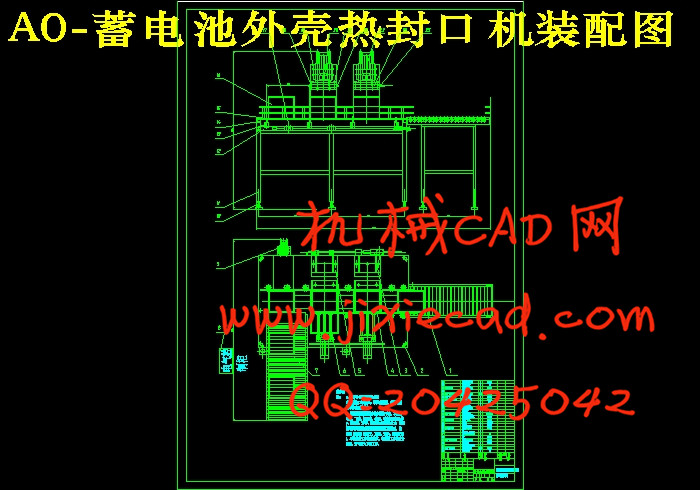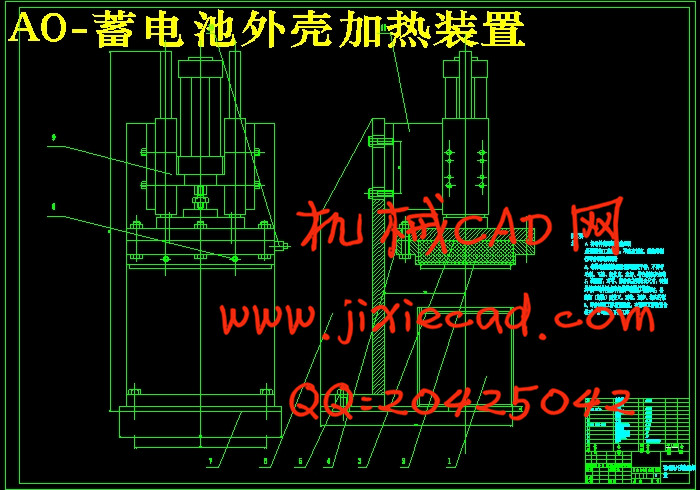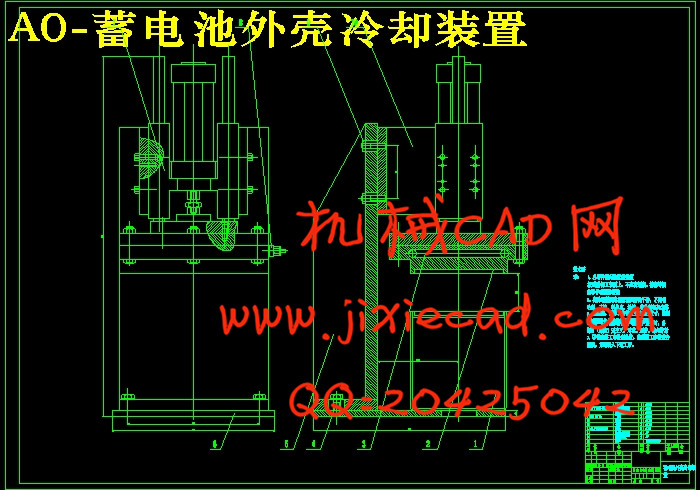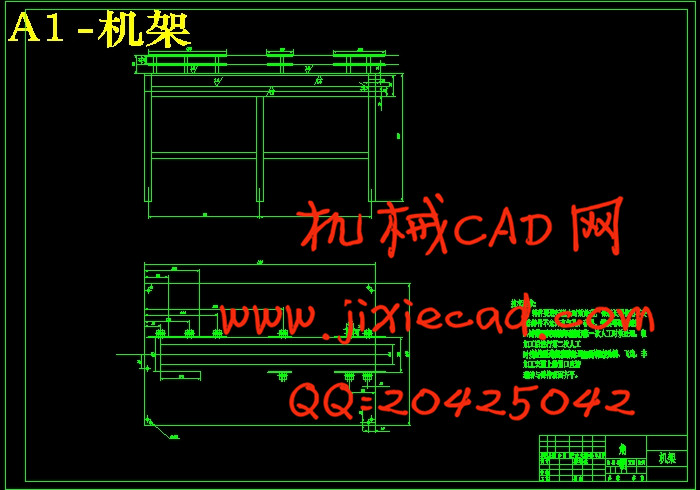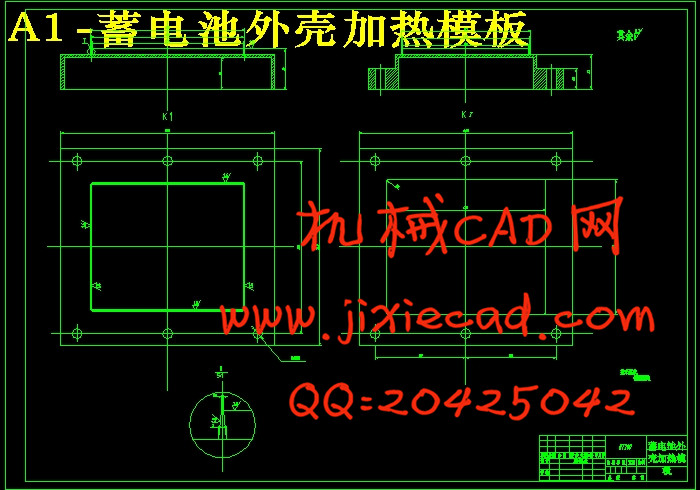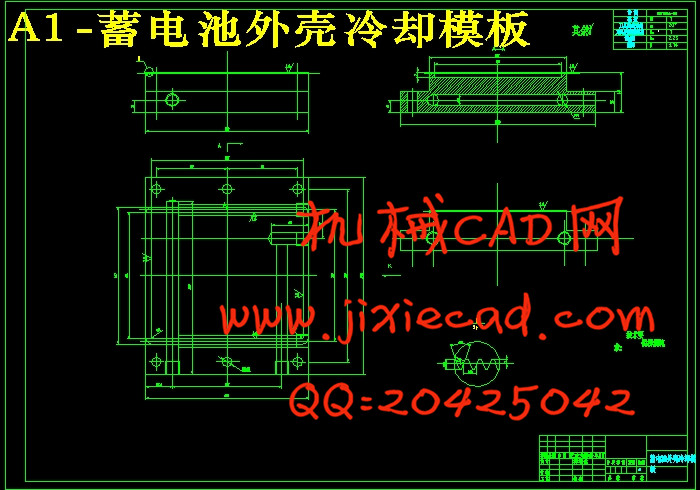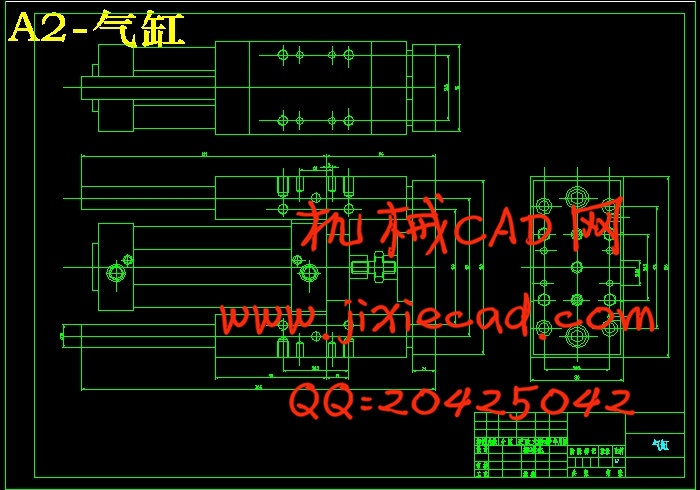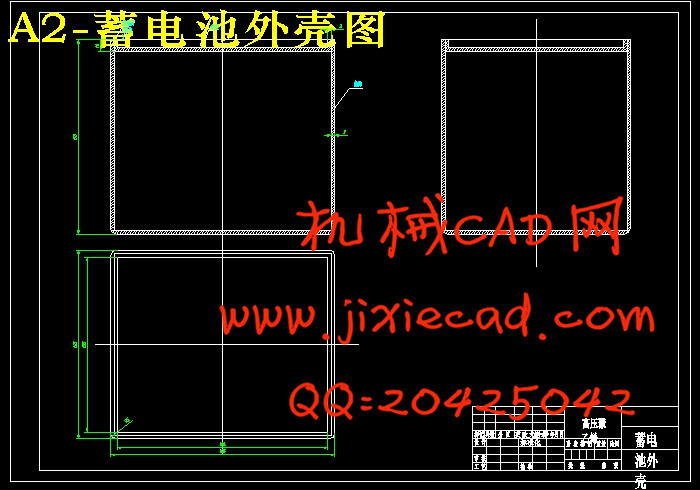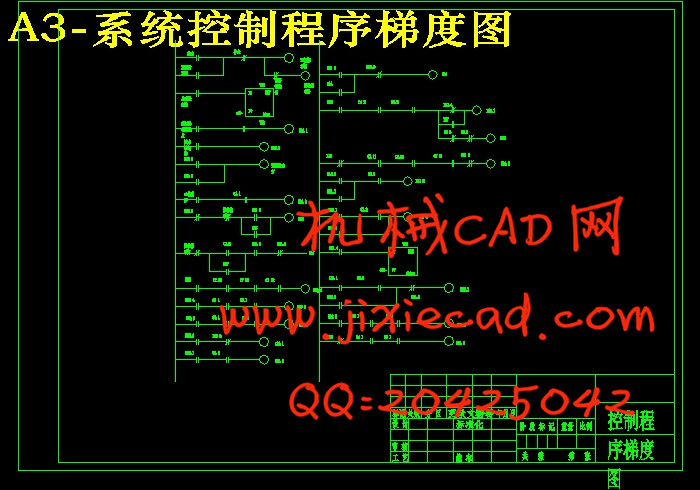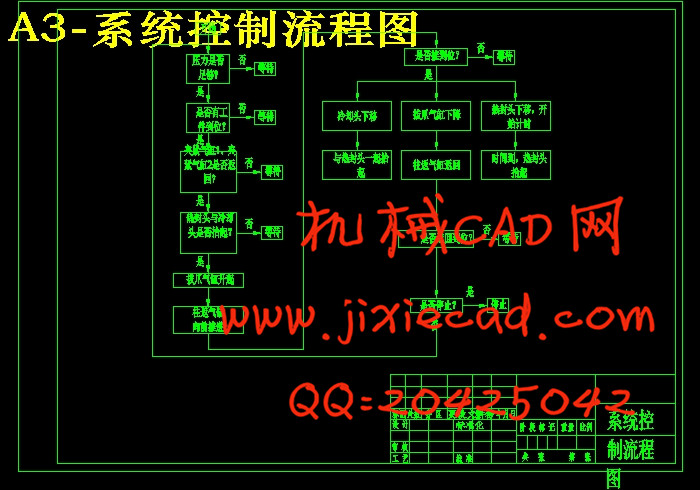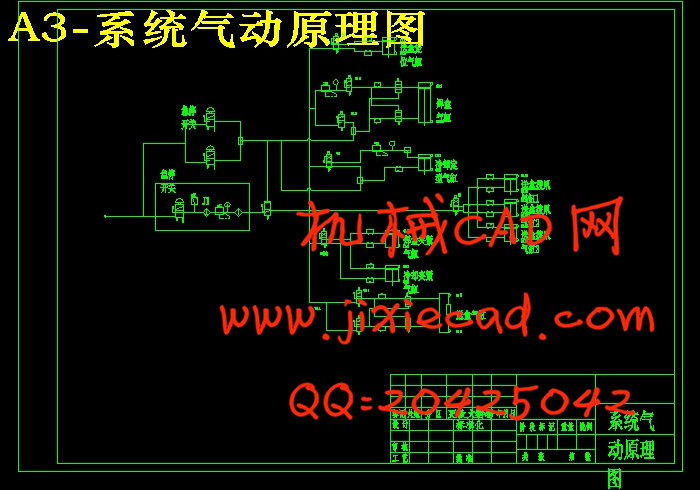设计简介
摘 要
汽车工业成为我国国民经济的四大支柱产业之一,车用蓄电池随汽车产业的增长而发展。
热封机是一种包装机械,目前在我国非常落后,本设计为设计一台全自动塑料盒热封机,用于蓄电池的包装。通过分析热封机的工艺过程与组成、使用条件、功能及设计参数的分析,将机器的总功能分为功能元,提出各功能元的最优方案;根据最优方案进行结构设计、具体零部件的材料选择、强度计算,最终确定零部件结构尺寸;再根据总体方案进行系统的总驱动、总控制设计。经过一番对气动系统和控制系统的研究,了解其工作原理及控制方法,就可以认识到热封机的工作过程。
蓄电池外壳热热封机的基本结构设计是由一个机架组架、上料传动机构、上下料机构、精密模架双头封口机构、气缸-连杆増力机构和气动系统、液压缸-连杆増力机构和液压系统、电器控制系统及软件。其所实现的快速封口主要由上下料机构决定,其主要由三个气缸-连杆机构统和三个具有双圆弧的推动薄片所形成的动力系统,盛放上下料机构的侧立板以及其上的定位装置和精密模架双头封口机构。
此热封机通过气缸来实现盒子的运动,加热,冷却及夹紧。通过此热封机,可以实现人力的解放,并更好的保证了产品的安全,提高包装质量,提升生产效率,进而获得更大的利润。
关键词:热封机;功能;气动系统;
汽车工业成为我国国民经济的四大支柱产业之一,车用蓄电池随汽车产业的增长而发展。
热封机是一种包装机械,目前在我国非常落后,本设计为设计一台全自动塑料盒热封机,用于蓄电池的包装。通过分析热封机的工艺过程与组成、使用条件、功能及设计参数的分析,将机器的总功能分为功能元,提出各功能元的最优方案;根据最优方案进行结构设计、具体零部件的材料选择、强度计算,最终确定零部件结构尺寸;再根据总体方案进行系统的总驱动、总控制设计。经过一番对气动系统和控制系统的研究,了解其工作原理及控制方法,就可以认识到热封机的工作过程。
蓄电池外壳热热封机的基本结构设计是由一个机架组架、上料传动机构、上下料机构、精密模架双头封口机构、气缸-连杆増力机构和气动系统、液压缸-连杆増力机构和液压系统、电器控制系统及软件。其所实现的快速封口主要由上下料机构决定,其主要由三个气缸-连杆机构统和三个具有双圆弧的推动薄片所形成的动力系统,盛放上下料机构的侧立板以及其上的定位装置和精密模架双头封口机构。
此热封机通过气缸来实现盒子的运动,加热,冷却及夹紧。通过此热封机,可以实现人力的解放,并更好的保证了产品的安全,提高包装质量,提升生产效率,进而获得更大的利润。
关键词:热封机;功能;气动系统;
Abstract
Auto industry become one of the four pillar industries of the national economy, the car battery increases with the increase of the auto industry development.Heat sealing machine is a kind of packaging machinery, at present in our country is very backward, and the design for the design of a automatic box plastic heat sealing machine, used for the packing of the battery. By analyzing the technological process and the factors of the heat sealing machine, the analysis of the conditions of use, function and design parameters to machine the general function is divided into function of yuan, yuan each function is the optimal solution; According to the structure design, the optimal scheme for specific parts of material selection, strength calculation, final parts structure size; According to the overall plan for total drive, total control of the system design. After a study of pneumatic system and control system, its working principle and control method, can realize the working process of the heat sealing machine.
Battery shell hot sealing machine the basic structure of the design is composed of a frame set, loading transmission mechanism, fluctuation mechanism, precision die set double sealing mechanism - connecting rod, cylinder raised force and pneumatic systems, hydraulic cylinder connecting rod rights force mechanism and hydraulic system, electrical control system and software. The implementation of rapid sealing is mainly decided by the up-down material institutions, mainly by the three cylinder - linkage series and has a dynamic system which is formed by the double circular arc push chips, cheng fang institution of up and down on the side plate and its positioning device and precision die set double sealing mechanism.
The heat sealing machine by cylinder box movement, heating, cooling and clamping. Through the heat sealing machine, can realize the human liberation, and better ensure the safety of product, improve the quality of packaging, improve production efficiency, and gain more profit.
Key words: Sealing machine;function; pneumatic system;
摘 要 I
Abstract II
1 绪论 1
1.1 本课题的研究内容和目的 1
1.1.1 本课题的研究目的 1
1.1.2 本课题研究的主要内容 1
1.2 国内外的发展概况 2
1.2.1 包装机械的概述 2
1.2.2 封口机的概述 2
2 课题解析及其任务设计 5
2.1 课题背景及意义 5
2.2 塑料盒设计内容及技术参数 、要求 5
2.2.1 设计用途 5
2.2.2 设计技术参数 5
2.2.3 塑料盒技术要求 6
2.3 进行该设计的知识准备 6
3 总体方案的制定与设计 7
3.1 塑料盒的总功能分析 7
3.2 功能分解 8
3.2.1 塑料盒封口功能的分解 8
3.2.2 塑料盒自动输送功能的分解 8
3.2.3 过程控制 9
3.3 各功能元的原理方案设计、分析、评价及选定 9
3.3.1 热熔式封接 9
3.3.2 封口装置的移动 9
3.3.3 封口参数的制定 10
3.3.4 塑料盒的定位 10
3.3.5 塑料的夹紧 11
3.3.6 塑料盒的移动 11
3.3.7 塑料盒的驱动 12
3.3.8 塑料盒输送的控制 12
4 加热装置的设计 13
4.1 气缸的设计及计算 13
4.1.1 确定气缸行程 13
4.1.2 确定气缸结构类型 13
4.2 加热模板的设计 14
4.2.1 技术关键 14
4.2.2 结构设计 14
4.3 加热装置的其他结构的设计 15
4.3.1 加热装置位置调整设计 15
5 冷却装置的设计 17
5.1 冷却模板的设计 17
5.1.1 冷却模板设计的技术关键 17
5.1.2 冷却模板的结构设计 17
5.2 冷却装置的结构设计 18
6盒输送装置的设计 19
6.1 盒输送装置设计原理 19
6.2 盒输送气缸设计、计算 19
6.2.1 气缸类型及结构的选择 19
6.2.2 气缸参数计算 19
6.3 推板导向装置 20
6.3.1 直线导轨副类型的选择 20
6.3.2 滚动直线导轨的参数选择计算 20
6.3.3 选型 22
7 蓄电池热封机总体设计 24
7.1 气压传动系统的设计 24
7.2 控制系统的设计 25
7.2.1 控制流程图 25
7.2.2 I/O点分配 25
7.2.3 程序梯度图 27
7.3 机架设计 27
7.4 总装图 29
8 结论 30
参考文献 31
致 谢 32


